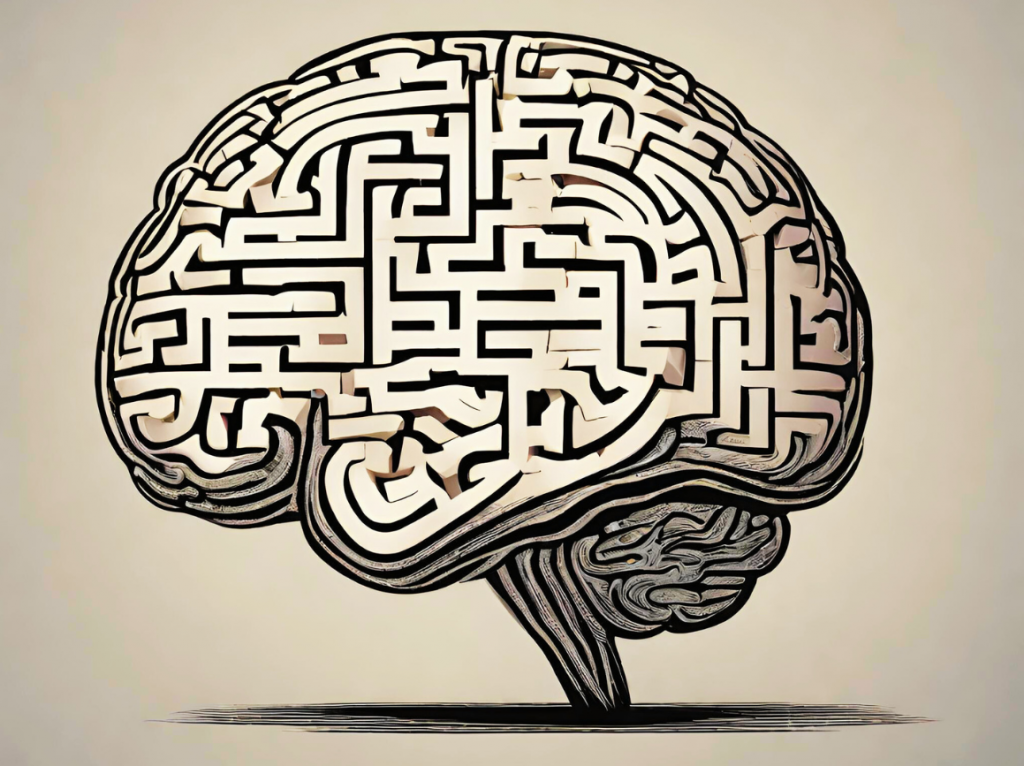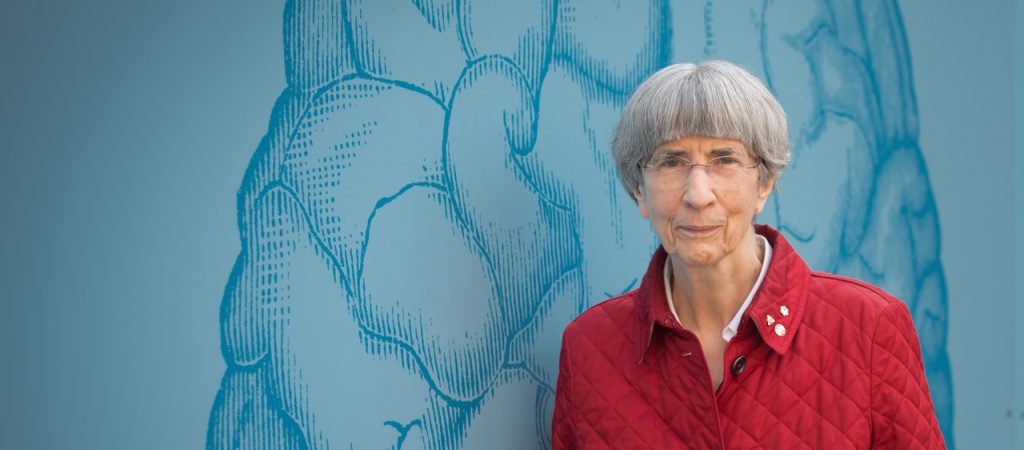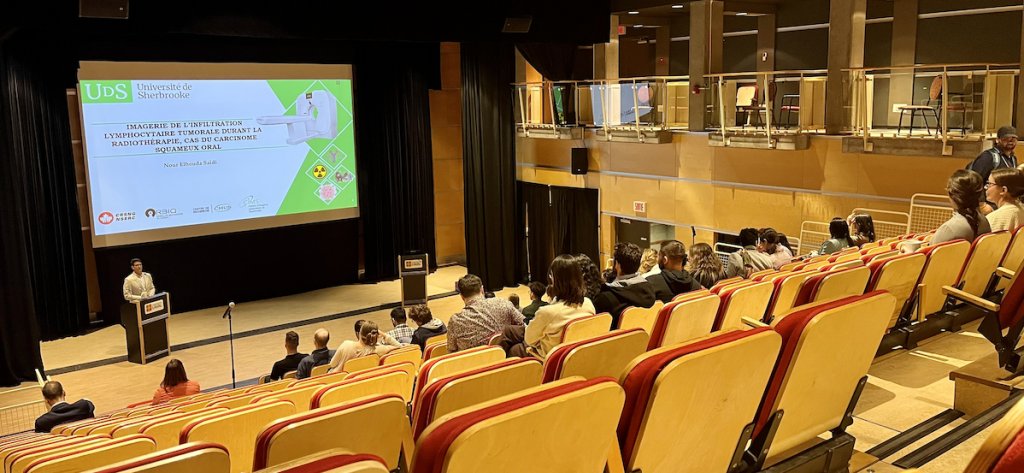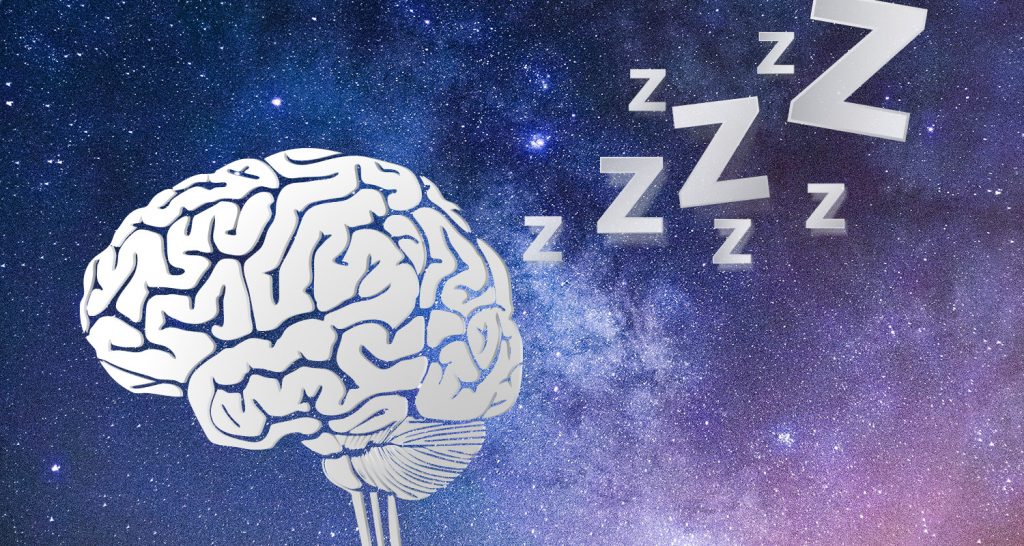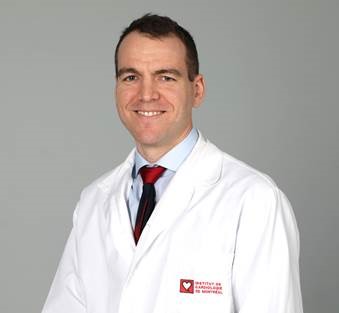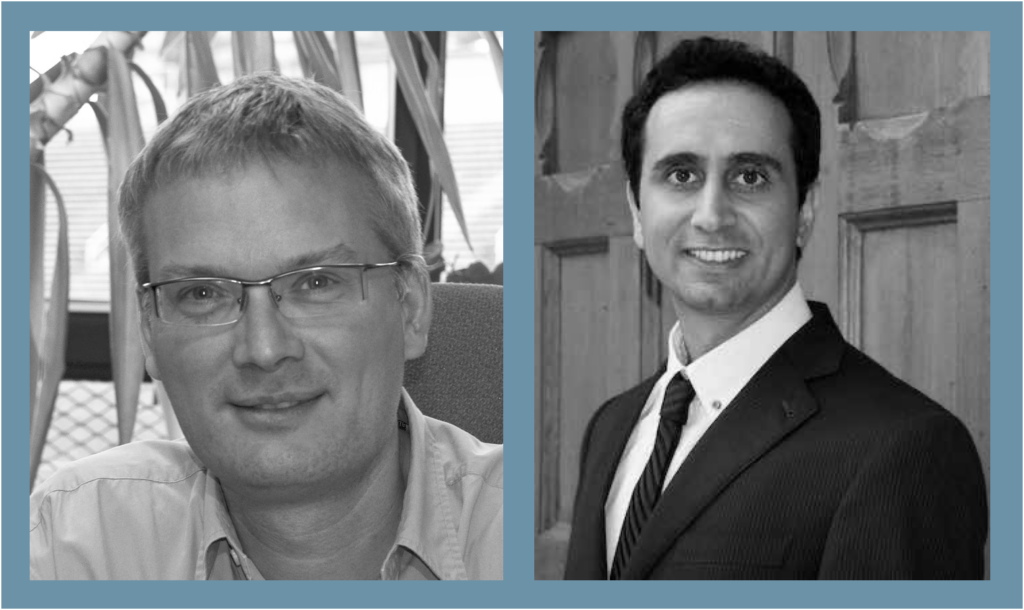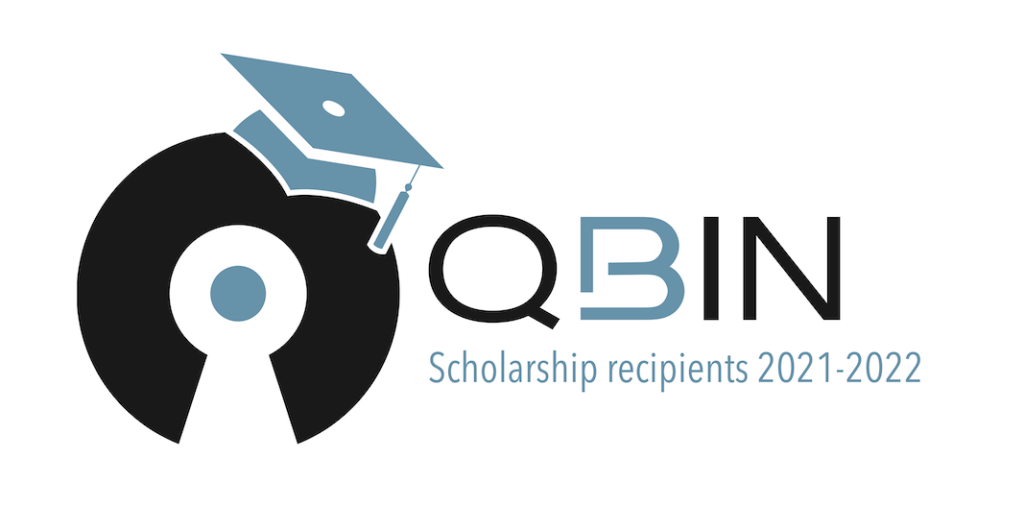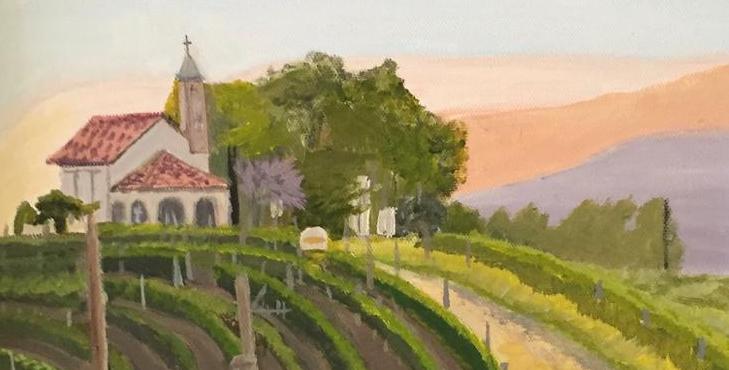A Conversation with Mickael Tanter
Hello everyone! I’m Daniel O’Sullivan — a new host of the QBIN podcast. In this first interview of mine, I had the pleasure of speaking with Mickael Tanter (INSERM, Paris), whose pioneering work in employing ultrasonic technologies for bio-imaging and therapeutics made him well-deserving of being this year’s Feindel lecturer for the QBIN Scientific Day. …

